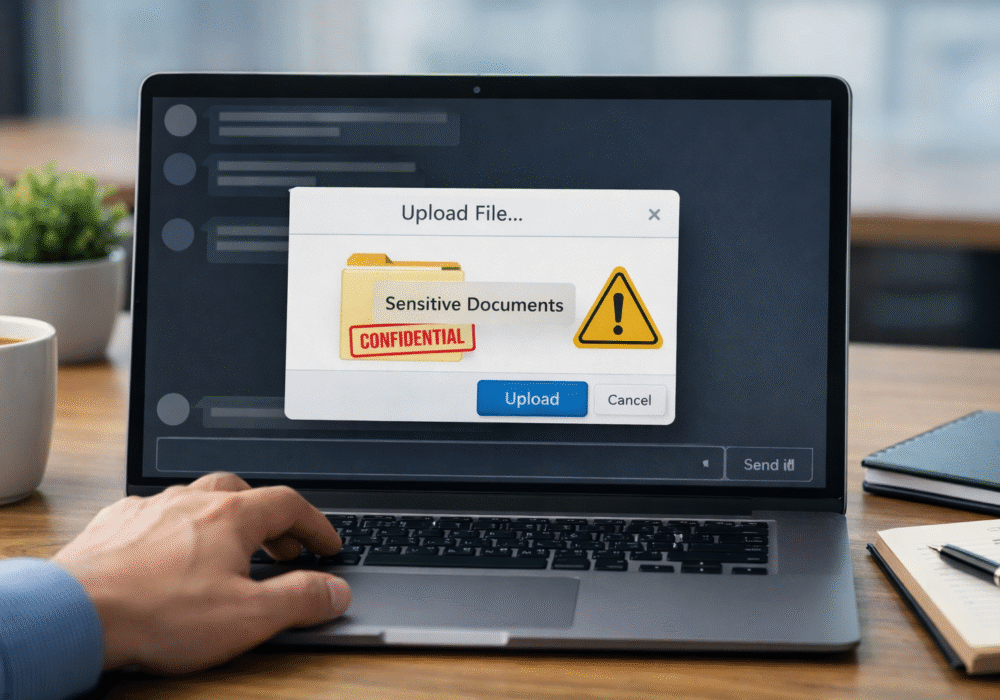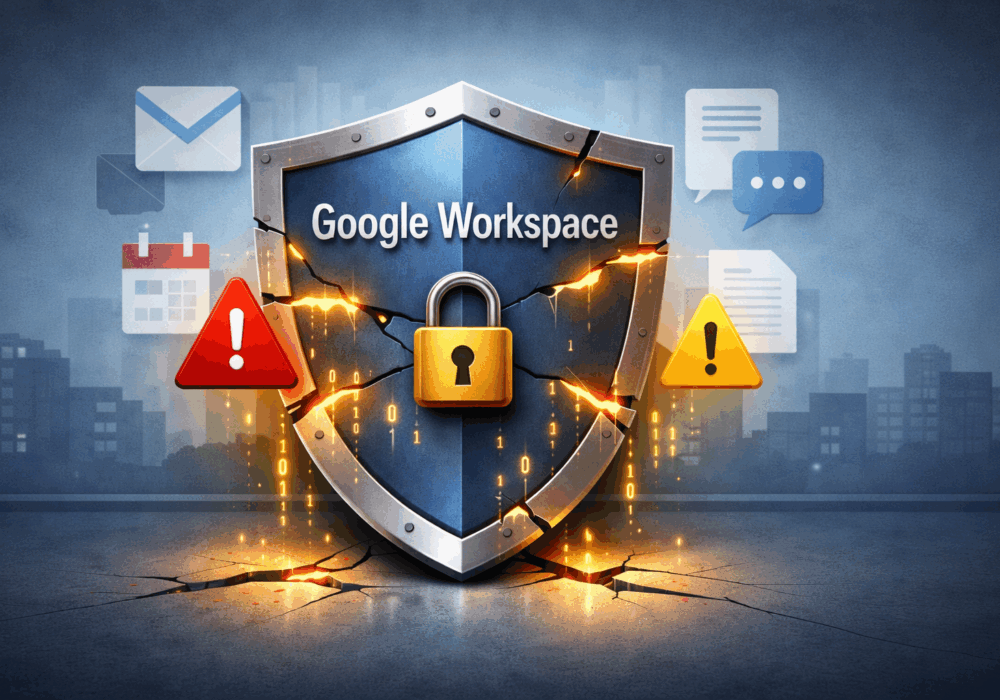An Allow list, also known as a Permit List or (deprecated: White List), is a list of entities that are considered trustworthy and are granted access or privileges. Allow lists may be used to authenticate users managing Firewalls as these IP addresses are allowed to manage this firewall. Other times, allow lists are users to permit certain software to run on a computer system while all others are blocked. Finally, some web filtering software works by permitting access to named websites through an allow List.
An allow list is based on a strict policy set and is managed by an IT administrator. When the administrator is confident about access permissions, using an allow list does not require an additional understanding of elements that aren’t allowed since they are denied by default.
Allow lists can provide a cheap and easy way to provide a second factor of protection for managing certain administrative interfaces in your organization. Using allow lists to grant access to websites online or the software one can run inside your organization is not advisable according to CyberHoot in all but the most security-minded, government-protected entities. If you need this level of security, you may want to use a 3rd party tool like carbon black or similar software.
Additionally, these recommendations below will help you and your business stay secure with the various threats you may face on a day-to-day basis. All of the suggestions listed below can be gained by hiring CyberHoot’s vCISO Program development services.
All of these recommendations are built into CyberHoot the product or CyberHoot’s vCISO Services. With CyberHoot you can govern, train, assess, and test your employees. Visit CyberHoot.com and sign up for our services today. At the very least continue to learn by enrolling in our monthly Cybersecurity newsletters to stay on top of current cybersecurity updates.
Sources:
Related Term:
Discover and share the latest cybersecurity trends, tips and best practices – alongside new threats to watch out for.

Cyberattacks usually start with phishing emails or weak passwords. This one did not. Security researchers...
Read more
Not surprising when Trouble Ensues Last summer, the interim head of a major U.S. cybersecurity agency uploaded...
Read more
And How to Fix Them Let me make an educated guess. You moved to Google Workspace because it was supposed to...
Read moreGet sharper eyes on human risks, with the positive approach that beats traditional phish testing.
